Predators
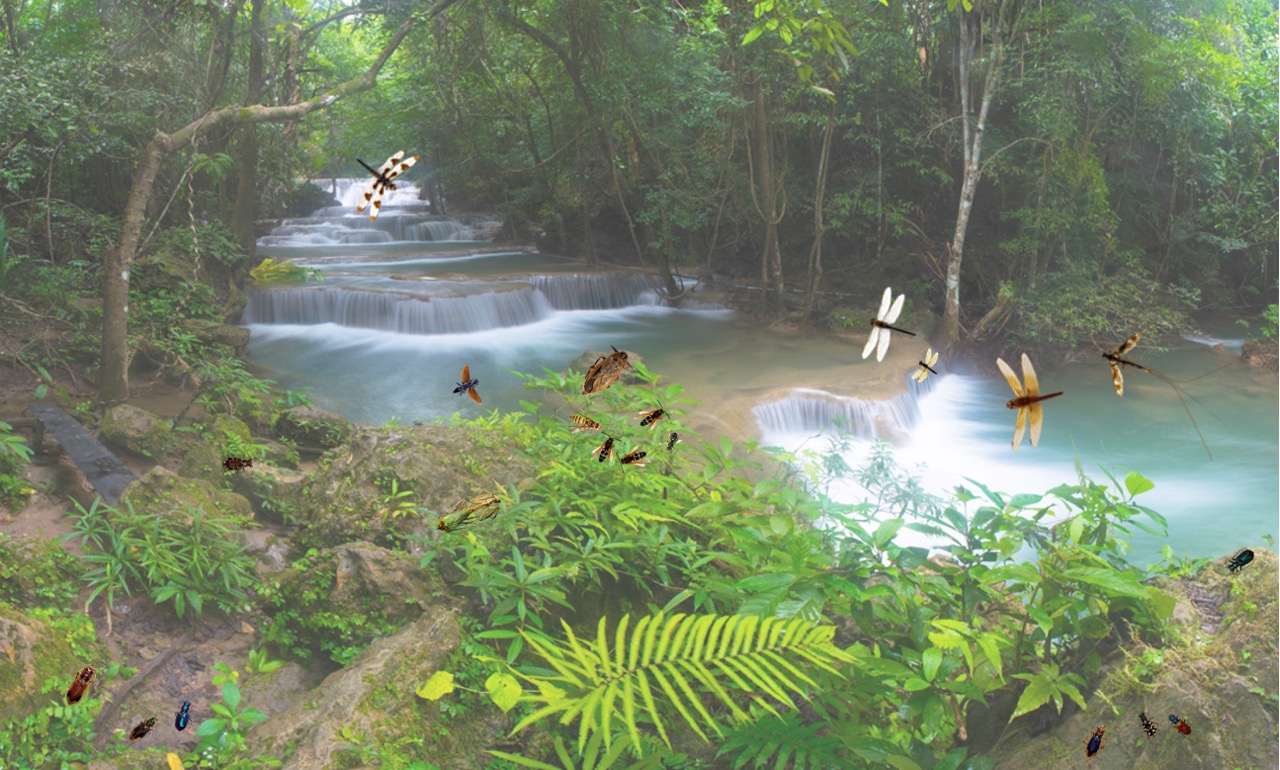
There are several groups of insects that feed on other insects or other invertebrates, contributing to the control of populations of organisms that might be considered a nuisance.
Dragonflies and Damselflies
As adults, most dragonflies and damselflies feed on smaller insects including flies and termites. The immature stages are aquatic and are voracious predators of aquatic insect larvae and even young fishes.
Because the immature stages of dragonflies and damselflies are aquatic, it is common to see the adults flying around lakes, ponds, and rivers.
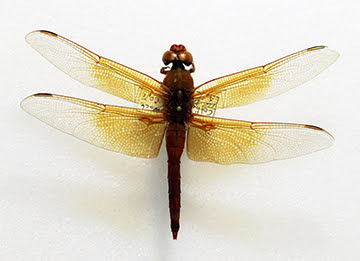
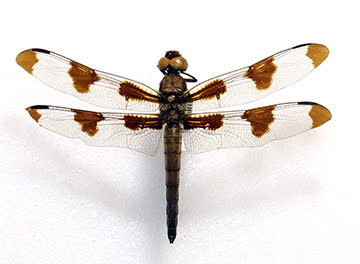
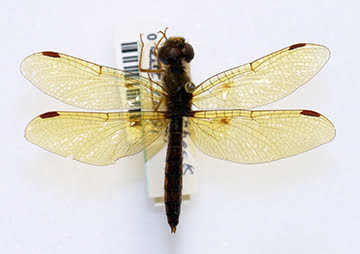
Here we have a sample of the families Aeshnidae and Libellulidae.
Beetles
There are many different groups of beetles that are predators of insects, other invertebrates, and even small vertebrates including lizards and frogs.
In the insect display we have a variety of tiger beetles (family Cicindelidae), which hunt for their prey on the ground, running at high speed.
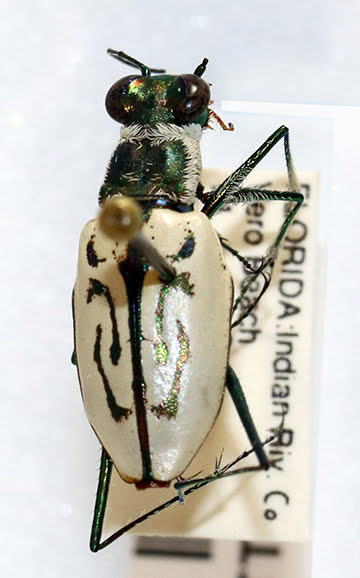
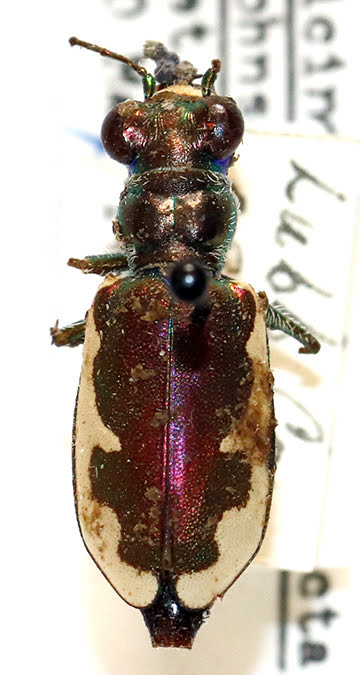
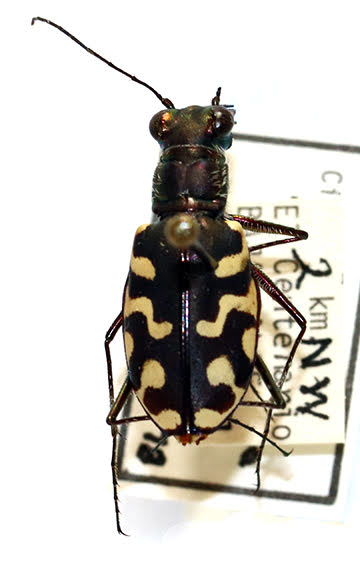
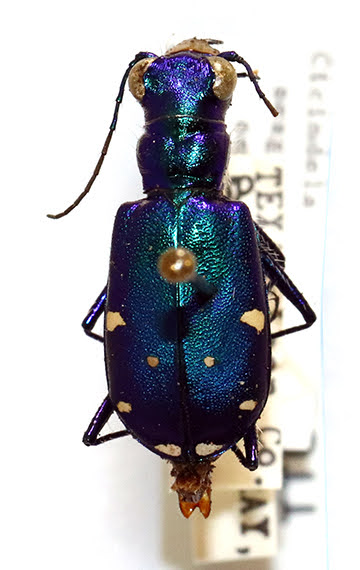
Mantises
Mantises hunt for their prey by waiting for the right moment to catch them. Many mantises are really good at camouflaging in the vegetation. A lot of mantises belong in the family Mantidae.
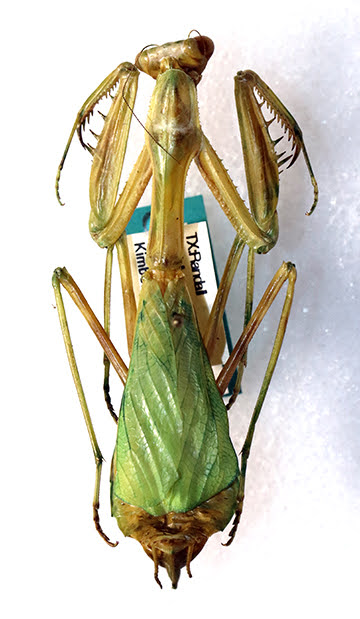
Robber flies
Robber flies are fast fliers and efficient predators of all kinds of insects. They belong in the family Asilidae.
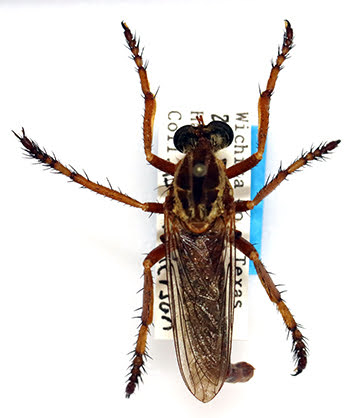
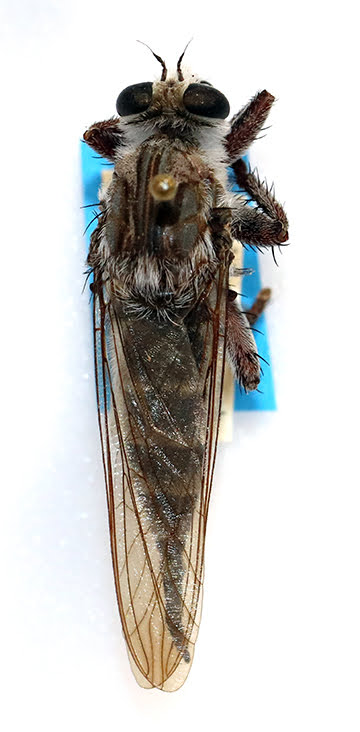
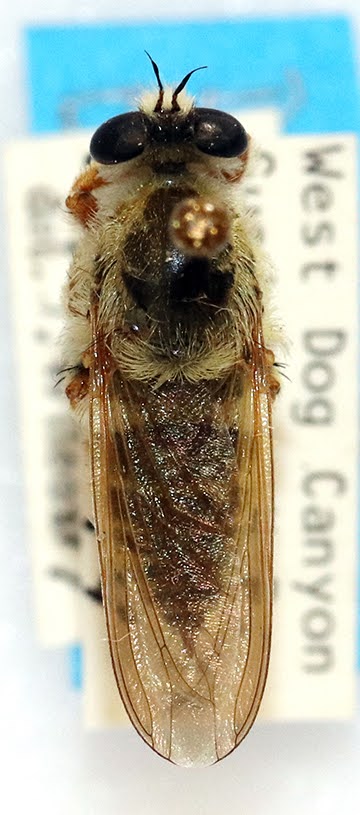
Natural Science Research Laboratory
-
Address
Museum of Texas Tech University, 3301 4th street, Lubbock, TX 79409 -
Phone
806.742.2486 -
Email
nsrl.museum@ttu.edu
